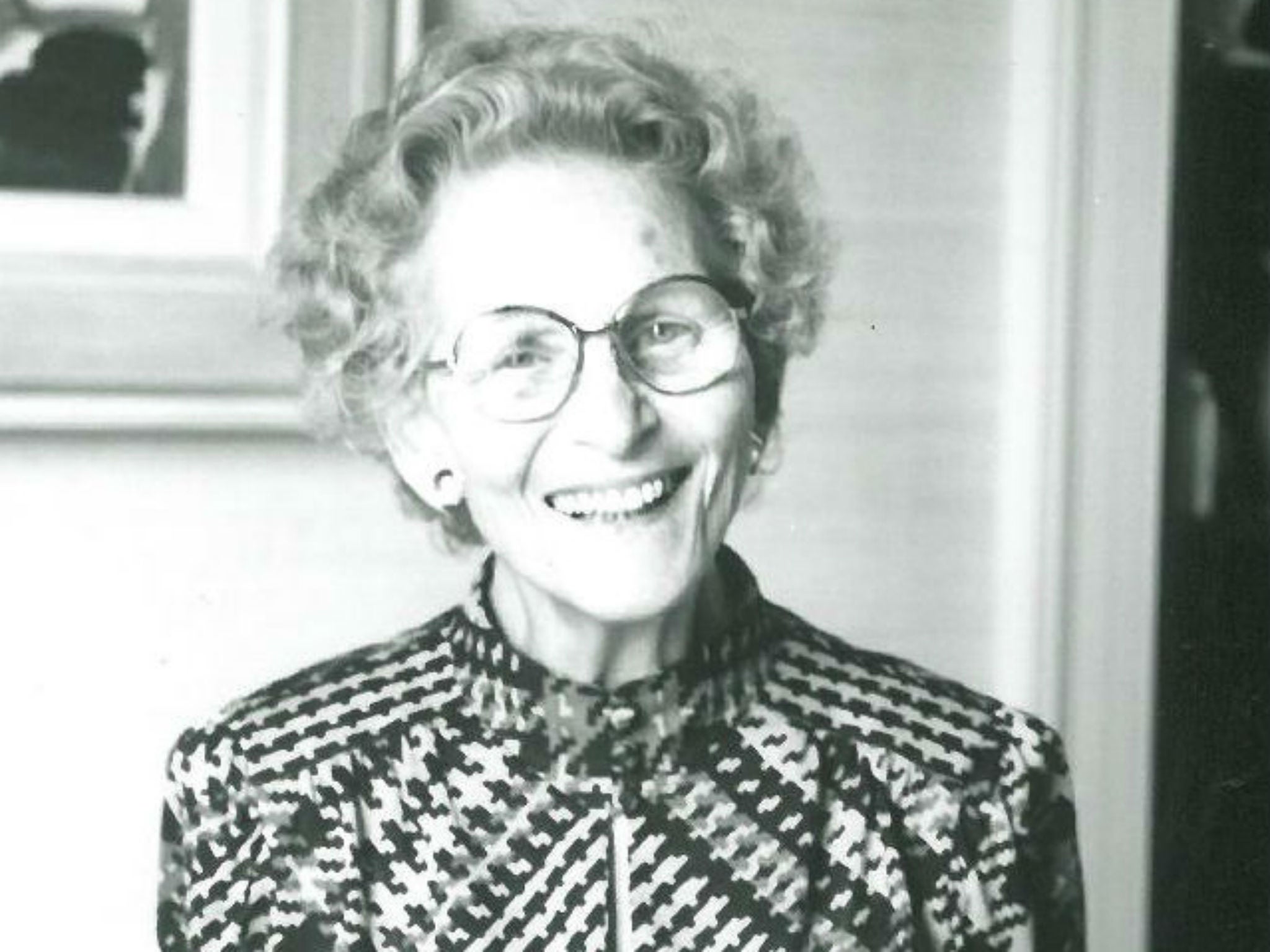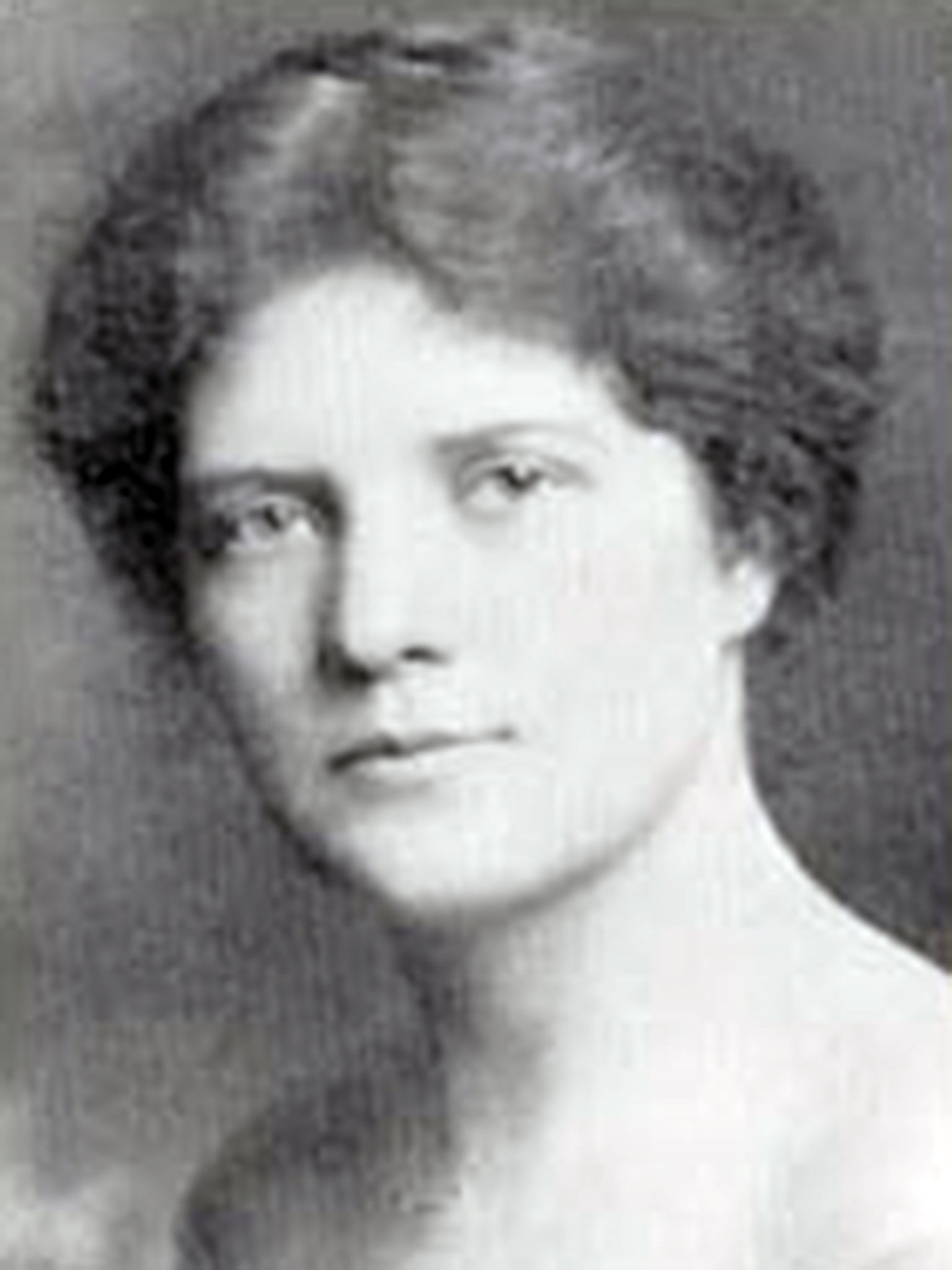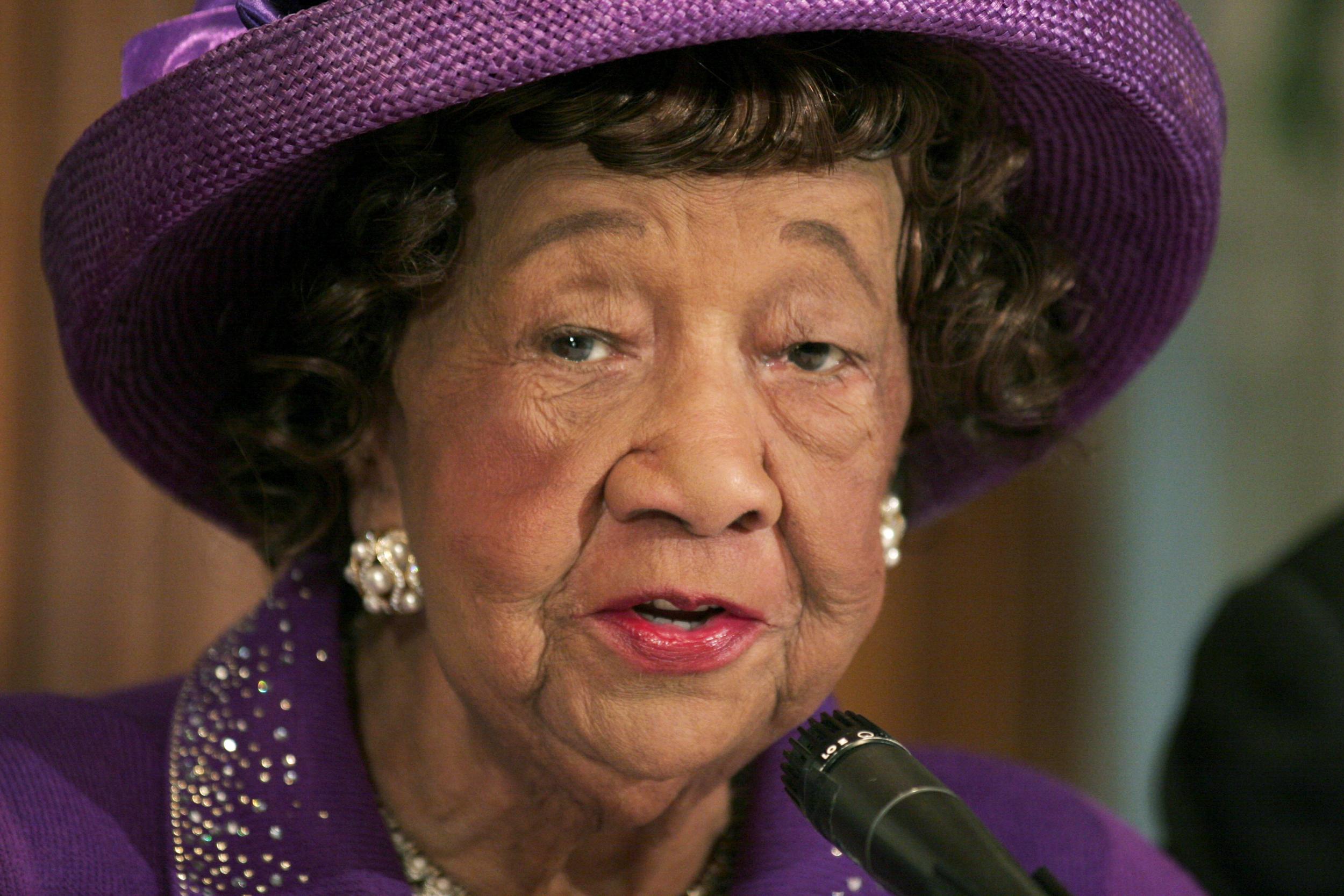International Women’s Day 2016: The pioneering feminists you might not have heard of
The lesser known women every modern woman should thank for even the most basic of freedoms

Your support helps us to tell the story
From reproductive rights to climate change to Big Tech, The Independent is on the ground when the story is developing. Whether it's investigating the financials of Elon Musk's pro-Trump PAC or producing our latest documentary, 'The A Word', which shines a light on the American women fighting for reproductive rights, we know how important it is to parse out the facts from the messaging.
At such a critical moment in US history, we need reporters on the ground. Your donation allows us to keep sending journalists to speak to both sides of the story.
The Independent is trusted by Americans across the entire political spectrum. And unlike many other quality news outlets, we choose not to lock Americans out of our reporting and analysis with paywalls. We believe quality journalism should be available to everyone, paid for by those who can afford it.
Your support makes all the difference.Each year International Women’s Day reminds us of how far women still have to go.
The World Economic Forum estimates the gender pay gap will not close until 2133, the current figure of women who have experienced physical or sexual violence at some point in their life is one-third and only a fifth of parliamentary seats across the world are held by women.
When continuing with the fight for equal rights, it can be inspiring to remember the women before us who put the issue of their rights on the map. When IWD is marked, prominent feminists who have advanced the cause are celebrated. Game-changing icons that instantly spring to mind include Mary Wollstonecraft, the Pankhurst sisters and Gloria Steinem, for example.
While their impact is immeasurable, there are also lesser known women who the women of today should thank for their fights to secure even the most basic of freedoms.
Dr Stella Moss, a Lecturer in History at Royal Holloway, University of London and Dr Red Chidgey, a Lecturer in Gender and Media at King’s College, London, spoke to the Independent about less recognised women who fought tirelessly for gender equality and women's issues.
Charlotte Despard (1844-1939)
.jpg)
While the WSPU (Women’s Social and Political Union) and the NUWSS (National Union of Women’s Suffrage Societies) are widely remembered as forces which campaigned for female suffrage in the 19th and 20th centuries, another group should also be remembered: The Women’s Freedom League.
Anglo-Irish Suffragette Despard, along with Teresa Billington-Greig, formed the group after becoming disillusioned with the autocratic leadership style of the WSPU. Less militant than the suffragettes, the group adopted more “constitutional” methods of protest, according to Dr Moss.
One protest was the census evasion of 1911, Despard encouraged women to boycott the census on the grounds of being expected to participate in the government record while still without the vote.
When the WSPU halted protests to help with the war effort during the First World War, Despard continued to campaign for the equal treatment of women during wartime, says Dr Moss. She remained politically active until her death also joining the fight against fascism in the 1930s and campaigning for an independent Ireland
“Despard deserves to be better remembered today for the significant contribution she made to the campaign for women’s voting rights, as well as her tireless efforts towards social and economic justice for women after the franchise had been won,” Dr Moss says, “Even into her nineties, she continued to press for women’s equal rights.”
Lady Rhondda (1883-1958)

Margaret Mackworth, who became better known as Lady Rhondda, was a key figure in fighting for all women to have the vote, even after the legislation of 1918.
The Representation of the People Act 1918 only enabled married women over 30 to vote and this was something Newport-born Lady Rhondda believed needed to change. She continued to lobby for change and in 1928 the 1918 act was expanded to include completely equal franchise rights.
Voting aside, she lobbied for equal pay, the equal treatment for women in employment, and the social and economic reforms this led to is something Dr Moss believes paved the way for the landmark 1970 Equal Pay act and 1975 Sex Discrimination Act.
She founded feminist publication Time and Tide in 1920 and took over as editor from 1926 until her death in 1958.
“Lady Rhondda merits greater recognition for the immense work she did in the mid-twentieth century in securing fairer treatment for women, especially in the workplace,” Dr Moss says. “Though the feminist movement is often thought to have collapsed after the vote was won and remained dormant until the 1960s Women’s Liberation movement, the significant contribution of women like Lady Rhondda reveals a broader, more expansive history of feminist campaigning in Britain.”
Helen Brook (1907-1997)

Dr Chidgey credits Brook as a “pioneer in the field of sexual health advice for young people” – something that is evident by the Brook sexual health charity centres, founded by Brook, which still exist today.
In the 1950s Brook volunteered with the local family planning centre before opening her own service in 1964 which specifically targeted young, unmarried women despite both the societal stigma they faced and barriers that prevented them accessing contraception advice. The clinic faced controversy but continued to provide an extremely important service, especially considering the worrying number of dangerous backstreet abortions (abortion wasn’t legalised in the UK until 1967).
“Against the backdrop of fatal backstreet abortions, and three years before the Family Planning Act permitted local health authorities to give birth control advice, regardless of marital status, the Brook Advisory Centre took a pragmatic view,” Dr Chidgey says.
Olive Morris (1952-1979)
Jamaican-born Morris moved to the UK as a child. A member of the Black British panthers, she campaigned to advance the rights of Black British women, co-founding the Brixton Black Women’s Group and the Organisation of Women of Asian and African Descent.
In the face of discrimination for both their skin colour and gender, the groups campaigned on issues like equal access to education, decent living conditions, police brutality, domestic violence and reproductive rights.
“Too often women of colour are left on the sideline when talking about feminist history,” Dr Chidgey says. “Morris achieved so much in her short life.” She died of Hodgkin Lymphoma in 1979.
“When remembering Olive, there’s one word that comes to mind: fearless,” Dr Chidgey summarises.
Dorothy Height (1912-2010)

Across the pond, Height was leader of the National Council of Negro Women for 40 years, combing her fight against racism and the entrenched segregation in the Deep South with her fight for gender equality.
Stood just a mere few feet away from Dr Martin Luther King on the podium when he gave his landmark “I Have a Dream” speech in 1963, Height was often the only woman in the civil rights movement’s inner circle.
She organised ‘Wednesdays in Mississippi’ - a weekly meeting which brought black and white women together in an attempt to build bridges.
During her time at the National Council she organised programmes to help African-American women, including voter registration drives and childcare, housing and career schemes, reports the Washington Post.
Throughout her life she continued to press the issue of equal pay for men and women and was invited by President Kennedy to witness the signing of the Equal Pay Act in 1963.
Join our commenting forum
Join thought-provoking conversations, follow other Independent readers and see their replies
Comments